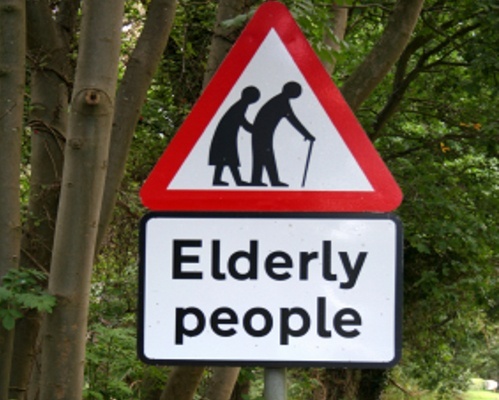
Reverse Mortgage for Senior Citizens
Reverse Mortgage is a type of loan devised to address senior citizens who own a house but require some monthly income to meet their regular expenses. To put it simple, reverse mortgage is just the opposite of conventional mortgage loans obtained through mortgage of your home. Under normal mortgage, you obtain a lump sum as loan and repay it in simple EMIs. But under reverse mortgage, the financer pays the EMIs to the borrower till he vacates it. The accumulated loan will be recovered only when the dues are settled or through the sale proceeds of the house.
Eligibility:
Any resident Indian owning a house or flat in his/her name, aged 60 years or above is entitled to apply for this loan. If the spouse is co-applicant, she should be of 58 years or above. Banks sanction a reverse mortgage loan without income documents or checking the borrower’s credit worthiness.The only condition for reverse mortgage is that the mortgaged property should be free from all encumbrances. Also, the minimum life of the house or flat so placed should not be less than 20 years.
Other Requirements/Conditions:
If there exists any previous dues like a home loan is outstanding against this property, one should close it and obtain an NOC before applying for a reverse mortgage loan. All periodical and statutory payments of property like land and building tax, home insurance and flat owner’s condominium fees, etc. should be cleared and updated. Banks would also look forward to the conditions of the property and the amount sanctioning will be based on the valuation of the property by the bank’s evaluator.
Tenure and LTV:
The loan period for reverse mortgage ranges from 10 to 20 years depending upon the borrower’s age, options and life expectancy. It will become automatically closed on the borrower’s or co-borrower’s death. Generally, reverse mortgage loans are sanctioned up to a maximum limit of 80% of the property value or up to Rs. 1 crore whichever is less. Some lenders may allow only up to 60% value or up to Rs.50 lacs. Monthly instalments will be calculated on reverse annuity basis (as interest will be in an increasing order whenever each instalment is paid to you) and initial payment will be deducted from total loan to arrive at equal monthly instalments.
Disbursement:
A reverse mortgage will be spread over the entire period of the tenor in equal monthly, quarterly or yearly EMIs as per your options. You may opt for some lump sum payment at the beginning and rest in EMIs to meet urgent requirements or pay off debts. The EMIs will automatically stop on completion of the tenure of loan or on death of the borrower/last survivor.
Repayment of Loan
Since the EMIs are calculated according to the tenure of loan, the lesser the lesser you will have to repay. The loan becomes due on the death of the borrower or last survivor of loan and if unpaid, it will be recovered from proceeds of the sale of house. Any surplus received by the sale proceeds in excess of the loan amount will be returned to the borrower or legal heir/s of the deceased.
If the borrower survives on completion of the tenure of loan, he can stay in the house as long as he survives or willingly vacates the home. But he will not receive any further payments during that period even though he stays in the home. The borrower also has an option to settle the loan amount prematurely.
Other Features:
- No penalty or extra charges on pre-payment of loan.
- If pre-payment is done through transfer of reverse mortgage to another bank/lender, then a 2% penalty may be charged on balance amount of takeover or as per their prevailing rules.
- An upfront fee is required to be paid for processing loan. Generally it may be an amount equal to half-month’s EMI or Upto Rs.15, 000 plus tax, based on the amount of loan.
To sum up, reverse mortgage loans are good for elders who may not have care takers or like to lead a free life without depending upon others. But they may be at loss their property if not repaid.